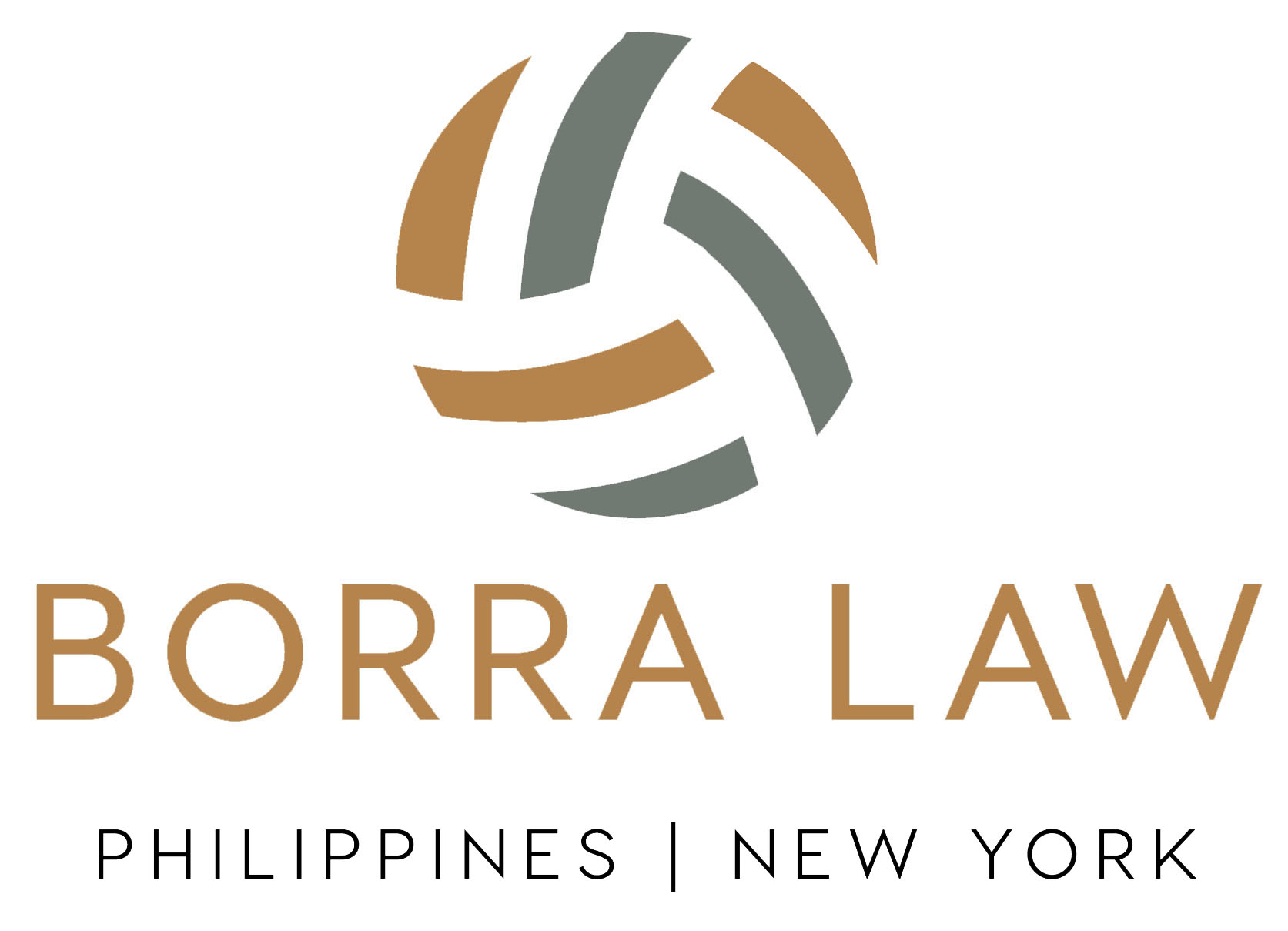Financial Stability Checklist: Essential Steps for Non-Lucrative Visa Applicants
Pursuing a life in Spain as a non-lucrative visa holder can be an exciting prospect, offering the opportunity to immerse oneself in the country’s rich culture, vibrant cities, and breathtaking landscapes. However, the application process can be complex, with a particular emphasis on demonstrating financial stability. After all, Spanish authorities want to ensure that visa holders can support themselves without relying on public funds or seeking employment.
Failure to meet the financial requirements is one of the primary reasons why non-lucrative visa applications are rejected. This can be a frustrating setback, especially for those who have already invested significant time and effort into the process. To increase your chances of success, it’s crucial to approach the financial aspect of your application with diligence and preparation.
In this comprehensive guide, we’ll walk you through a step-by-step checklist designed to help non-lucrative visa applicants establish and prove their financial stability. From calculating your annual living costs to securing a stable income source and obtaining the necessary documentation, we’ll cover every essential aspect of this critical component of the visa application process.
By following these steps carefully, you’ll not only increase your chances of a successful application but also ensure a smooth transition to your new life in Spain. So, let’s dive in and take the first step toward realizing your dream of living in this captivating country.
Step 1: Calculate Your Annual Living Costs
Before you can demonstrate your financial stability, it’s essential to have a clear understanding of the annual living costs you’ll face in Spain. Although the visa requires you to have a minimum monthly passive income requirement of 2400 euros (for the principal as of december 2023), this amount might be too small depending on your standard of living.
To accurately estimate your living expenses, start by researching the cost of living in the specific city or region where you plan to reside. Consider factors such as rent, utilities, groceries, transportation, and any other regular expenses you anticipate. It’s crucial to be as thorough and realistic as possible in your estimates to avoid any potential shortfalls.
Rent is often the largest expense for most households in Spain. According to recent data (as of 2024), the average monthly rent for a one-bedroom apartment in a city like Barcelona can range from €800 to €1,200, while in Madrid, it can be anywhere from €900 to €1,400. Of course, these figures can vary significantly based on the specific neighborhood and the size of the property.
In addition to housing costs, factor in expenses for utilities (electricity, water, gas, and internet), which can add another €150 to €300 per month, depending on your usage and the size of your household. Grocery costs can range from €200 to €400 per month for a single person, while transportation expenses, including public transportation or owning a vehicle, can add another €50 to €300 to your monthly budget.
Once you’ve compiled a comprehensive list of estimated expenses, add them up to arrive at your anticipated annual living costs in Spain. This figure will be crucial when determining whether your income sources meet the minimum financial requirements set by Spanish authorities.
Remember, it’s better to overestimate your expenses than to underestimate them, as this can help you avoid any potential financial difficulties or visa application issues down the line.
Step 2: Secure a Stable Income Source
With a clear understanding of your anticipated annual living costs in Spain, the next step is to secure a stable and sufficient income source that meets or exceeds the financial requirements for a non-lucrative visa.
Spanish authorities typically require non-lucrative visa applicants to demonstrate an annual income of at least €28,800 (for an individual applicant) plus an additional €6,480 annually for each additional family member . This income threshold is in place to ensure that visa holders can support themselves financially without the need for employment or public assistance.
Acceptable income sources for non-lucrative visa applications include:
- Pensions: If you’re retired and receiving a pension from your home country or a private pension plan, this can serve as a qualifying income source. Ensure you have documentation showing the pension’s amount, frequency of payments, and projected longevity.
- Investment income: Income generated from investments, such as dividends, interest, or rental properties, can also be used to meet the income requirements. You’ll need to provide detailed statements and records demonstrating the stability and consistency of this income stream.
- Savings and passive income: Substantial savings or passive income sources, such as royalties or annuities, may also qualify, provided you can demonstrate that the funds are accessible and will provide a sustainable income stream throughout your intended stay in Spain.
Regardless of the income source you choose to rely on, it’s crucial to provide clear and comprehensive documentation that proves the income’s legitimacy, stability, and longevity. This may include bank statements, investment portfolios, pension statements, or other relevant financial records.
By securing a stable and sufficient income source and providing the necessary documentation, you’ll significantly strengthen your non-lucrative visa application and increase your chances of approval.
Step 3: Obtain Proof of Health Insurance Coverage
One of the application requirements for the non-lucrative visa is obtaining comprehensive private health insurance coverage. If you are applying from outside of Spain, this will require you to purchase an annual coverage in full pre-paid. However, if you reside in Spain, you can get private insurance where premiums are automatically deducted from your bank account monthly.
Once you have obtained a suitable health insurance policy, the insurance provider will issue a certificate or letter of coverage. This document will be a critical part of your non-lucrative visa application, as it serves as proof that you have the necessary medical coverage in place.
Step 4: Prepare Financial Documentation
Once you have calculated your annual living costs, secured a stable income source, and obtained proof of health insurance coverage, the next step is to gather and organize all the necessary financial documentation to support your non-lucrative visa application.
The Spanish authorities will require you to provide a comprehensive set of financial documents to verify your income, assets, and overall financial stability. Failure to submit complete and accurate documentation can result in delays or even rejection of your visa application.
Here are the key financial documents you’ll need to prepare:
- Bank statements: Provide at least the last 12 months’ worth of bank statements for all accounts you intend to use as proof of income or assets. These statements should clearly show the account balances, transaction history, and the source of any significant deposits or transfers.
- Investment portfolios: If you plan to rely on investment income, you’ll need to provide detailed statements and records from your investment accounts, including the current value, asset allocation, and any income generated (dividends, interest, etc.).
- Pension statements: If you’re receiving a pension, obtain official statements or letters from the pension provider, detailing the amount, frequency, and projected longevity of your pension income.
- Income tax returns: Depending on your specific situation, you may need to provide copies of your most recent income tax returns from your home country. This can help demonstrate the legitimacy and stability of your income sources.
- Property ownership documents: If you own real estate or other valuable assets, include documentation such as property deeds, mortgage statements, or appraisals to support your overall financial profile.
- Employment contracts or business records: If you have income from employment or self-employment, provide relevant contracts, pay stubs, or business records to verify the income source.
- Company documents and bank statements: If you own a company, you can also submit your incorporation documents proving your ownership and the company’s bank statements to show your financial stability.
When assembling your financial documents, it’s essential to ensure that they are clear, organized, and easily understandable. Additionally, be prepared to provide explanations or clarifications for any unusual or large transactions, transfers, or deposits that may raise questions from the Spanish authorities.
By presenting a comprehensive and well-organized set of financial documentation, you’ll demonstrate your transparency and commitment to meeting the financial requirements for a non-lucrative visa in Spain.
Conclusion
Obtaining a non-lucrative visa for Spain can be a complex process, but by following the steps outlined in this financial stability checklist, you’ll be well-prepared to navigate the application process successfully.
To recap, the essential steps are:
- Calculate your anticipated annual living costs in Spain to determine the minimum income required.
- Secure a stable and sufficient income source, such as pensions, investments, or savings, and provide comprehensive documentation to prove its legitimacy and longevity.
- Obtain comprehensive private health insurance coverage that meets the Spanish government’s requirements for non-lucrative visa applicants.
- Gather and organize all necessary financial documentation, including bank statements, investment portfolios, pension statements, and any other relevant records to support your application.
By demonstrating financial stability and self-sufficiency, you’ll increase your chances of a successful non-lucrative visa application, paving the way for your dream of living and experiencing the vibrant culture and rich traditions of Spain.
However, it’s important to note that the visa application process can be complex and ever-changing. Seeking professional assistance can be invaluable in ensuring that you navigate the process smoothly and avoid any potential pitfalls or delays.
Should you need assistance in securing a non-lucrative visa for Spain, please email me at kpborra@borralaw.com. We can guide you through the entire process, from calculating your financial requirements to preparing and submitting your application with confidence.
Don’t leave your dream of living in Spain to chance. Contact us today to schedule a consultation and take the first step towards making your Spanish adventure a reality.

